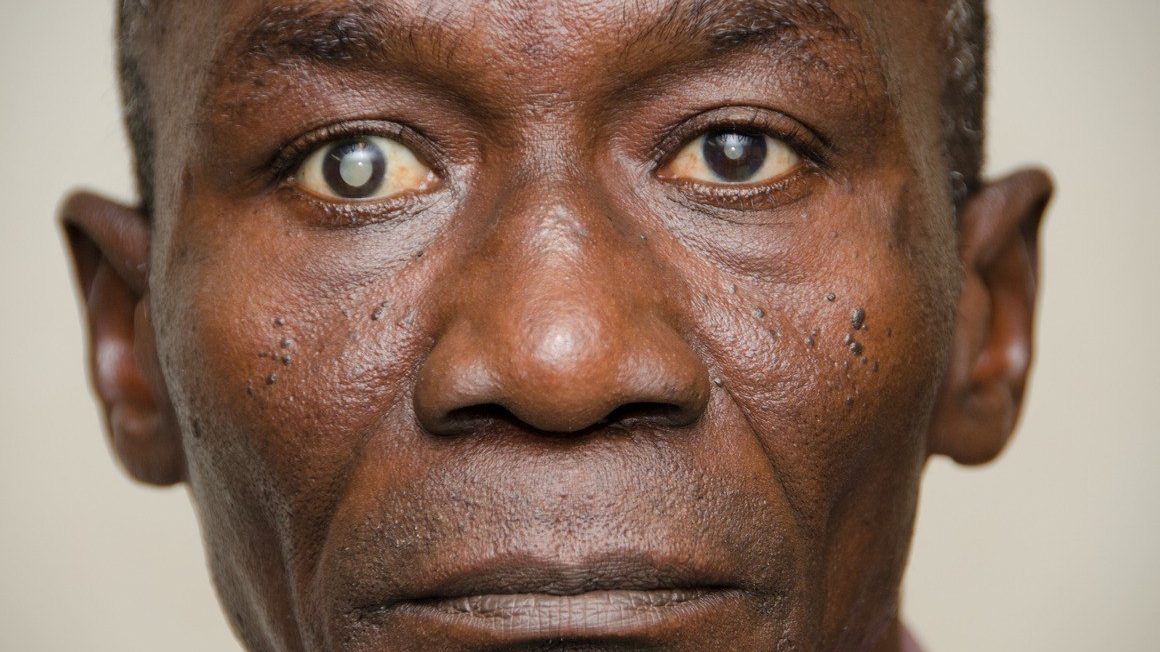
Photo credit: Lifehack
Chairman of the National Eye Health Committee, Prof. Afekhide Omoti, while speaking with newsmen on the sidelines of a technical workshop made up of experts on diabetic care and diabetic retinopathy organised by the Federal Ministry of Health, stated that about one in every 17 adults above 40 years living in Nigeria has the chances of being diabetic.
While alluding to the fact that 10 per cent of these adults will have diabetic retinopathy, the medical expert said diabetic retinopathy, a complication arising from diabetes, develops over a period of time and can only be detected if routine screening is done by a qualified and competent eye doctor.
“This is because the disease may be developing and will never show any sign till profound damage, which may cause irreversible blindness, has been done to the eyes,” Omoti said.
He also encouraged persons that are receiving treatment for diabetes to always yearn for eye checkups by asking doctors treating them for diabetes to refer them to eye specialists.
Omoti stated that in spite of the budgetary constraints occasioned by the global economic downturn, the government of Nigeria is doing its best to deliver on its promises and also cater for the healthcare needs of its citizens.
Explaining that diabetic retinopathy, which is a leading cause of avoidable blindness in the working class population, is being tackled by the Federal Government of Nigeria, he said: “These efforts would curb poverty as enshrined in the Sustainable
Development Goals (SDG) 1, as well as having a productive workforce contributing to the Gross Domestic Product (GDP) of the nation optimally. This is because Federal Government, through the Ministry of Health under the leadership of Dr. Osagie Ehanire, has decided to make this one of the key priority areas of the ministry through the National Eye Programme within the department of public health.“






